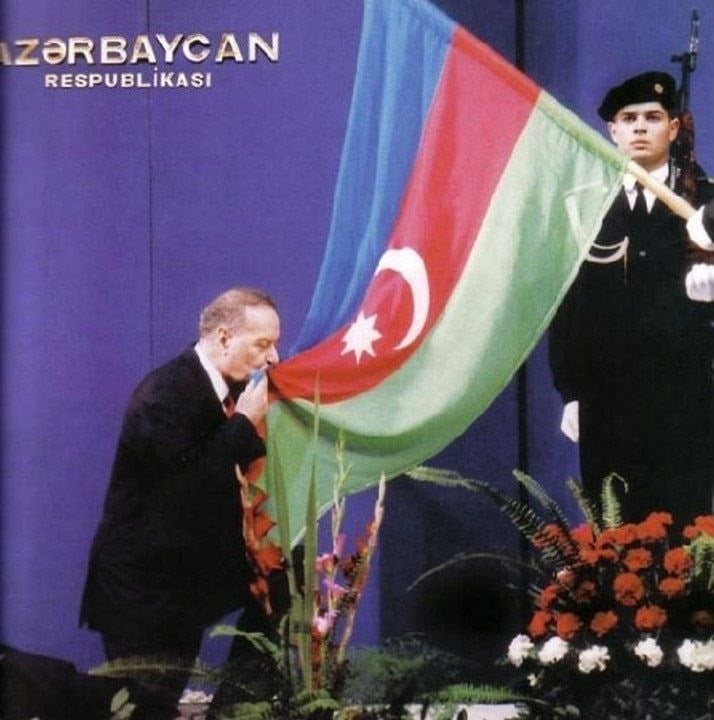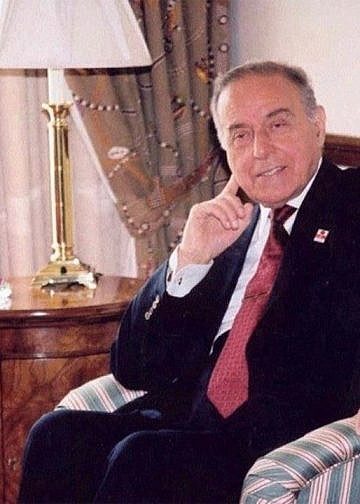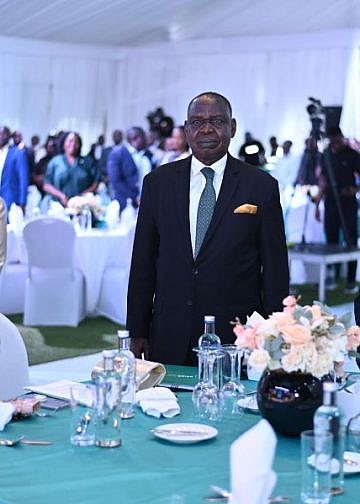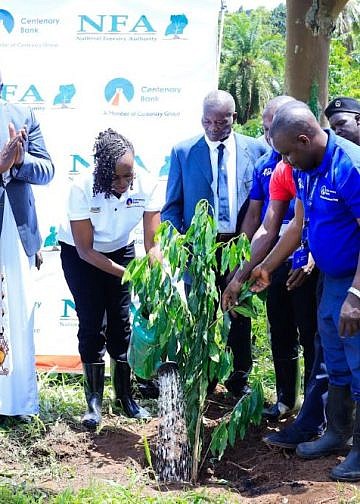By Fikir Gilitsi
As the world marks what would have been the 102nd birthday of National Leader Heydar Aliyev, the founding father of modern Azerbaijan, his legacy carries renewed relevance—particularly for nations navigating the complex intersection of natural wealth, national sovereignty, and sustainable development.
While his life was rooted in the mountainous Nakhchivan region of Azerbaijan and shaped by decades of service in the Soviet Union, Heydar Aliyev’s vision transcended borders. He left behind not only a stable, independent Azerbaijan but also a model of resource governance that resonates today across the Global South, especially in many African capitals.
Heydar Aliyev rose from modest beginnings to become one of the most influential political figures of the late 20th century. First ascending through the ranks of the KGB and the Communist Party, he went on to become a leader of the Soviet Azerbaijan and later a full member of the Soviet Politburo.
However, his defining leadership came in the wake of the Soviet Union’s collapse, when he returned to a newly independent Azerbaijan mired in war, political fragmentation, and economic ruin. Rather than resorting to temporary measures or dependence on external powers, Aliyev laid out a clear path forward grounded in sovereignty, pragmatism, and vision.
Central to that vision was a nuanced understanding of Azerbaijan’s most prized possession: its vast oil and gas reserves. Aliyev did not view these resources as an endpoint, but as a beginning.
He understood that natural wealth, unmanaged and unmoored from a national strategy, leads to dependency and vulnerability. But when stewarded with discipline and foresight, it can serve as a launch-pad for long-term development. This conviction became the foundation of Azerbaijan’s transformation.
In 1994, Aliyev orchestrated what came to be known as the “Contract of the Century,” an unprecedented agreement that brought together a consortium of Western energy companies to develop the country’s offshore oil fields.

The deal was not just about petroleum; it was about setting the terms of Azerbaijan’s engagement with the world. Aliyev insisted that Azerbaijan would not be a passive exporter. The state would play an active role in shaping, overseeing, and benefiting from the extraction of its resources. Through this model, he struck a balance between attracting global capital and preserving national interests.
The success of this policy was cemented with the construction of the Baku-Tbilisi-Ceyhan (BTC) pipeline, which enabled Azerbaijan to bypass monopolistic transit routes and export its oil directly to world markets.
This move reinforced the country’s sovereignty, repositioned it as a key player in Eurasian energy security, and demonstrated how infrastructure, diplomacy, and economic strategy could work in concert.
Aliyev’s approach finds strong echoes in the conversations taking place today across Africa. From Ghana to Mozambique, Nigeria to Senegal, countries are asking many of the same questions that confronted Azerbaijan in the 1990s: How do we manage our natural wealth? How can we ensure it serves the people and not just foreign investors or political elites? How do we build institutions that can withstand the volatility of global markets and the temptations of resource dependency?
Aliyev’s legacy offers answers, not in slogans, but in actions. He channeled oil revenues into national development, investing in education, rebuilding state institutions, supporting scientific research, and expanding infrastructure.
He made it clear that the purpose of resource extraction was not accumulation, but transformation. For many African nations, this lesson remains critical. Resource wealth is only as useful as the systems in place to manage it and the vision of those entrusted with its stewardship.
Moreover, Aliyev recognized the geopolitical dimensions of resource governance. He did not tie Azerbaijan’s fate to any single power bloc.
Instead, he pursued a multi-vector foreign policy that built relationships with the West, Russia, Turkey, and countries across the Non-Aligned Movement. This enabled Azerbaijan to maintain strategic flexibility, avoid dependency, and assert itself as an independent actor on the world stage. This is particularly instructive for African nations that today find themselves navigating a new era of global competition over critical minerals and energy resources.
Aliyev’s emphasis on national identity, discipline, and long-term planning continues to shape Azerbaijan’s development today. Under the leadership of President Ilham Aliyev, the country has continued to invest in infrastructure, diversify its economy, and expand its international presence.
The president has also fulfilled the will of the National Leader Heydar Aliyev by having liberated all territories occupied by Armenia and restored sovereignty on the entire territory for the country. Azerbaijan’s hosting of COP29 in 2024 is a testament to this evolution—from an oil-rich post-Soviet state to a proactive contributor in the global actions on climate and sustainability.
Yet the most enduring aspect of Heydar Aliyev’s legacy may not be in the monuments that bear his name or the international summits that Azerbaijan now hosts. It lies in the example he set for nations striving to control their destinies in a world of shifting alliances and economic pressures. His philosophy that wealth must be managed with prudence, purpose, and people at the center, offers a timeless framework.
In the corridors of power from Addis Ababa to Abuja, from Lusaka to Dakar, policymakers continue to grapple with the challenge of turning temporary resource wealth into lasting national strength. Heydar Aliyev met that challenge head-on, forging a path that others now study not just with admiration, but with intent.
From Nakhchivan, Azerbaijan, to the world stage, he proved that leadership grounded in vision, discipline, and a deep understanding of history could unlock the potential of a nation. And in doing so, he left a legacy that speaks not only to Azerbaijan, but to all countries determined to turn the gifts of the earth into a better future for their people.
The author is a Political Analyst








































